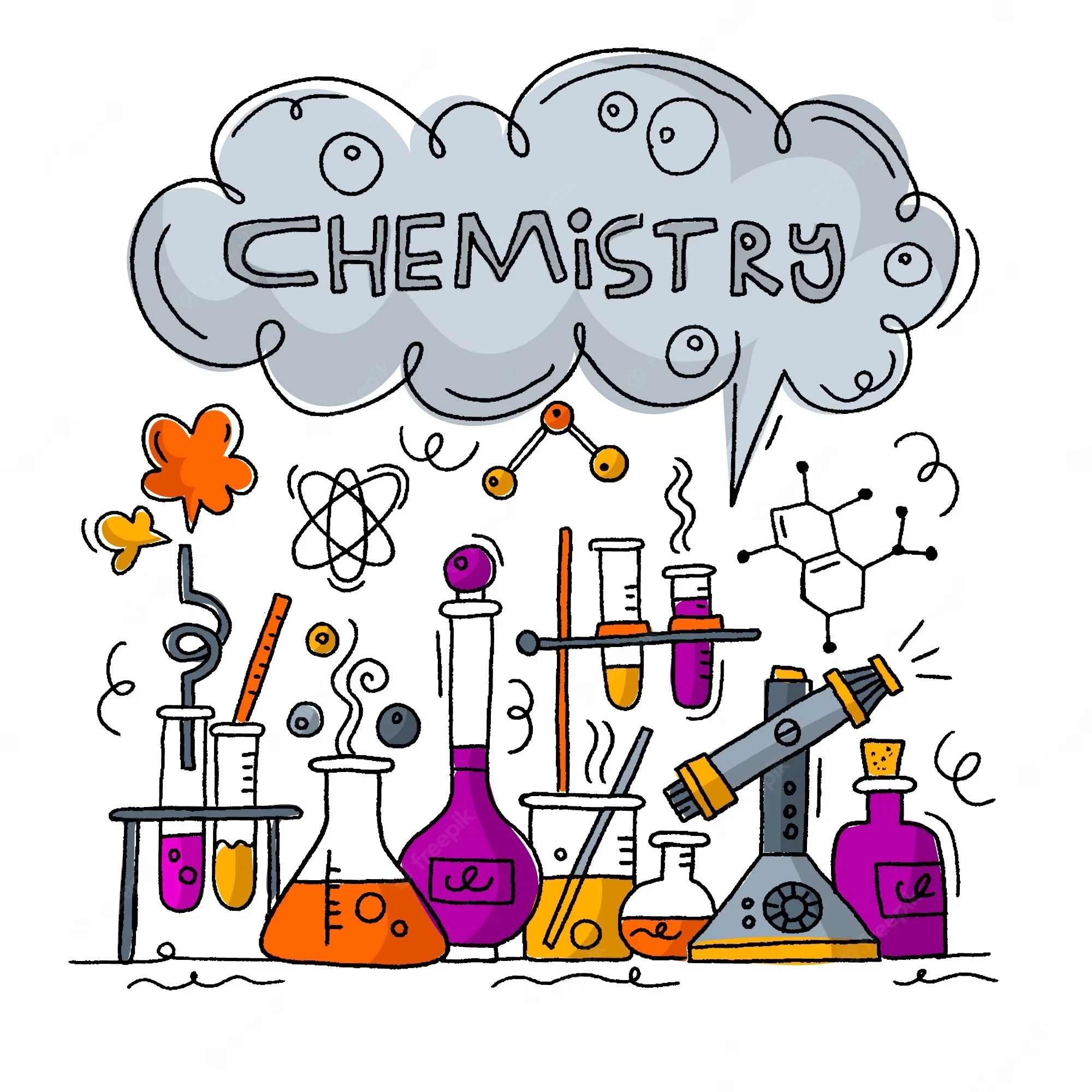Chemistry A level
Chemistry provides a broad, coherent, satisfying, and worthwhile Course of study.
Course of study.
It encourages learners to develop confidence in, and a positive attitude towards, chemistry and to recognise its importance in their own lives and to society.
How will I be assessed? (Assessment)
AS Unit 1: The Language of Chemistry, Structure of Matter and Simple Reactions. Written exam, 1 hour 30 minutes (80 marks) 20% of qualification - Formulae and equations, Basic ideas about atoms, Chemical calculations, Bonding, Solid structures, The Periodic Table, Simple equilibria and acid-base reactions.
AS Unit 2: Energy, Rate and Chemistry of Carbon Compounds. Written exam, 1 hour 30 minutes (80 marks) 20% of qualification -Thermochemistry, rates of reaction, the wider impact of chemistry, Organic compounds, Hydrocarbons, Halogenoalkanes, Alcohols and carboxylic acids, Instrumental analysis.
A2 Unit 3: Physical and Inorganic Chemistry. - Written exam, 1 hour 45 minutes (80 marks) 25% of qualification - Redox and standard electrode potential, Redox reactions, Chemistry of the p-block, Chemistry of the d-block transition metals, Chemical kinetics, Enthalpy changes for solids and solutions, Entropy and feasibility of reactions, Equilibrium constants, Acid-base equilibria.
A2 Unit 4: Organic Chemistry and Analysis - Written exam, 1 hour 45 minutes (80 marks) 25% of qualification
A2 Unit 5: Practical - (60 marks) 10% of qualification - This unit comprises two tasks: Experimental Task (30 marks), Practical Methods and Analysis Task (30 marks)
What kind of work will I do outside the classroom?
You will find yourself problem-solving, researching and making use of a variety of skills, including ICT in order to support your learning within the classroom. You will need to develop good revision skills and make use of your time to explore the wider fields of chemistry both for and beyond the course.
What could I do at the end of my course? (Progressions)
The course is an excellent introduction to the real-life chemistry used in a wide variety of careers. Pupils will be trained to think logically, carry out detailed and objective practical work using a wide range of established chemistry techniques and to present their findings in the formalised language of the scientific community. The field of chemistry is vast, with applications from chemical engineering to medicine and beyond. Students regularly go on to study in Higher education and progress to long and exhaustive career options.
Entry Requirements: GCSE Science BB or above.



